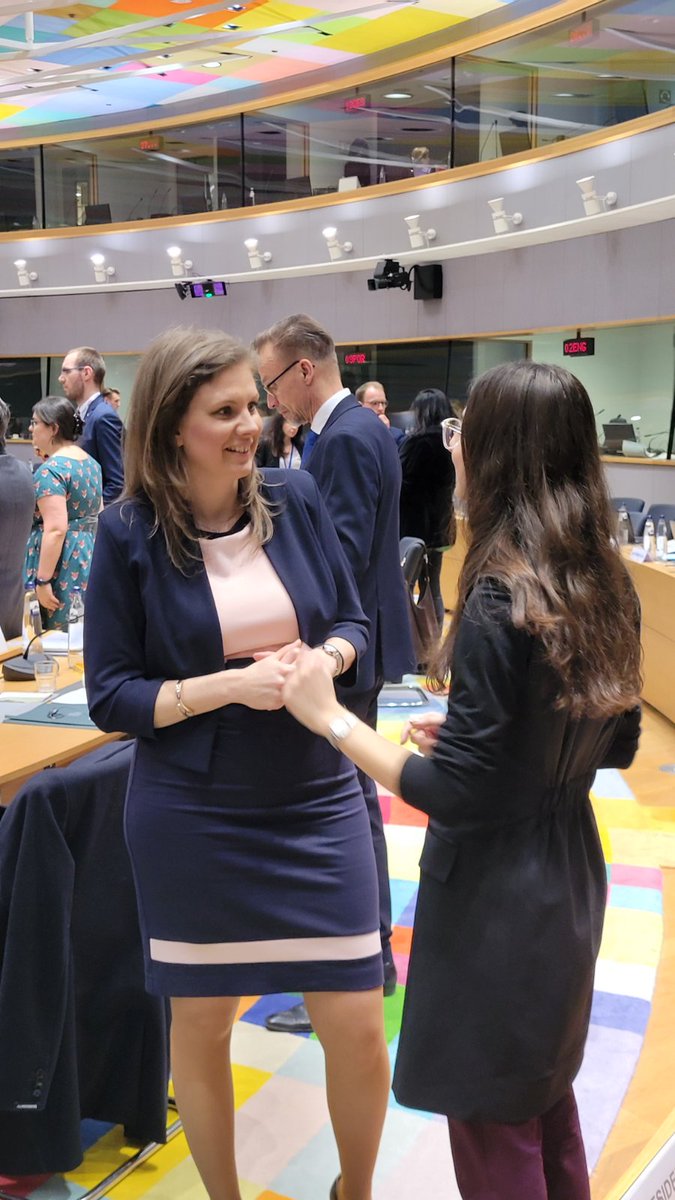The Hungarian delegation was led by Dr Anikó Raisz. At the meeting the ministers adopted general approach on industrial emissions directive.
The current text is generally effective in preventing and controlling pollution from industrial activities; nonetheless, it is necessary to carry out certain improvement to contribute to the implementation of the Green Deal.

Dr. Anikó Raisz secretary of state recalled that the direction of the Proposal was supported during the negotiation by Hungary; however, the extension of scope to agricultural activity is a great concern. Against this background, considering the dynamic of the negotiation, the latest text may be a subject of compromise.
The ministers had a political debate on the proposed carbon removal certification framework. In general, Member States welcome the proposal which could contribute to the Union’s climate policy efforts. The majority of them, however, believe, that certain elements of the proposal need to be further elaborated, including, among others quality criteria and accounting rules. A number of Member States highlighted the importance of avoiding double counting, and taking into consideration national circumstances. Anikó Raisz secretary of state emphasized the need for minimizing the administrative burden, avoiding double counting and the creation of transparent rules. On the other hand, she suggested that Hungary would be in favour of setting up a central Union registry.
On the main issues of the proposed Urban Waste Water Treatment Directive, ministers, while welcoming the proposal, generally considered its level of ambition to be too high. In particular, they are concerned about the extension of the scope to small agglomerations, the tightening of the requirements for tertiary treatment and the introduction of a new treatment level for micro-pollutants. Member States consider that the proposal does not allow sufficient time to meet the stricter standards and therefore ask for an extension of the deadlines.
At the ministerial round table on the greening of the European Semester, ministers agreed on the need to green public procurement and to phase out environmentally harmful subsidies.
In the ministerial debate on Packaging and Packaging Waste regulation, the Member States considered it important to keep the national discretion in order to fulfil the environmental objectives effectively.
Within the AOB agenda items Poland presented a report on the impact of the war on the natural environment in Ukraine. The European Commission also presented the proposal on the carbon-dioxide emissions standards for heavy duty vehicles (HDV), and Austria with the support of Hungary requested a more thorough impact assessment on new genomic techniques.

